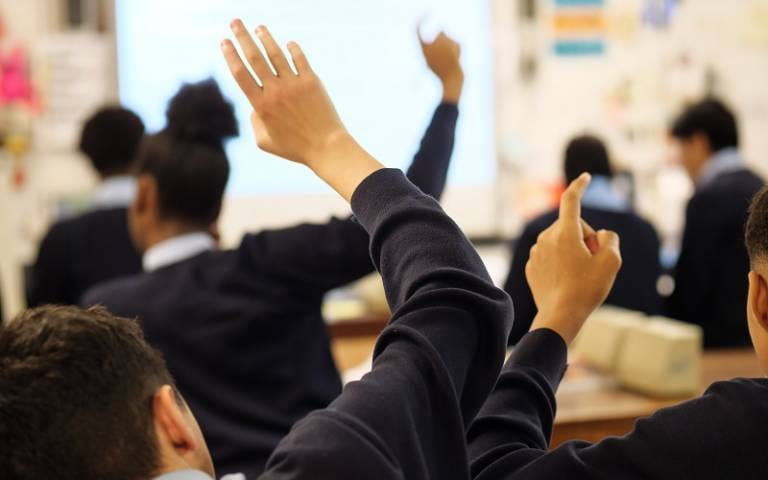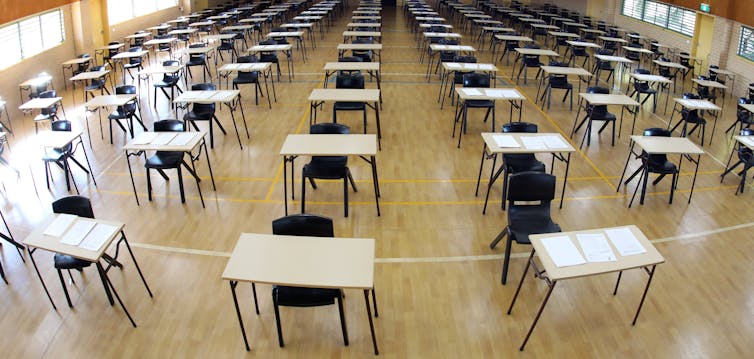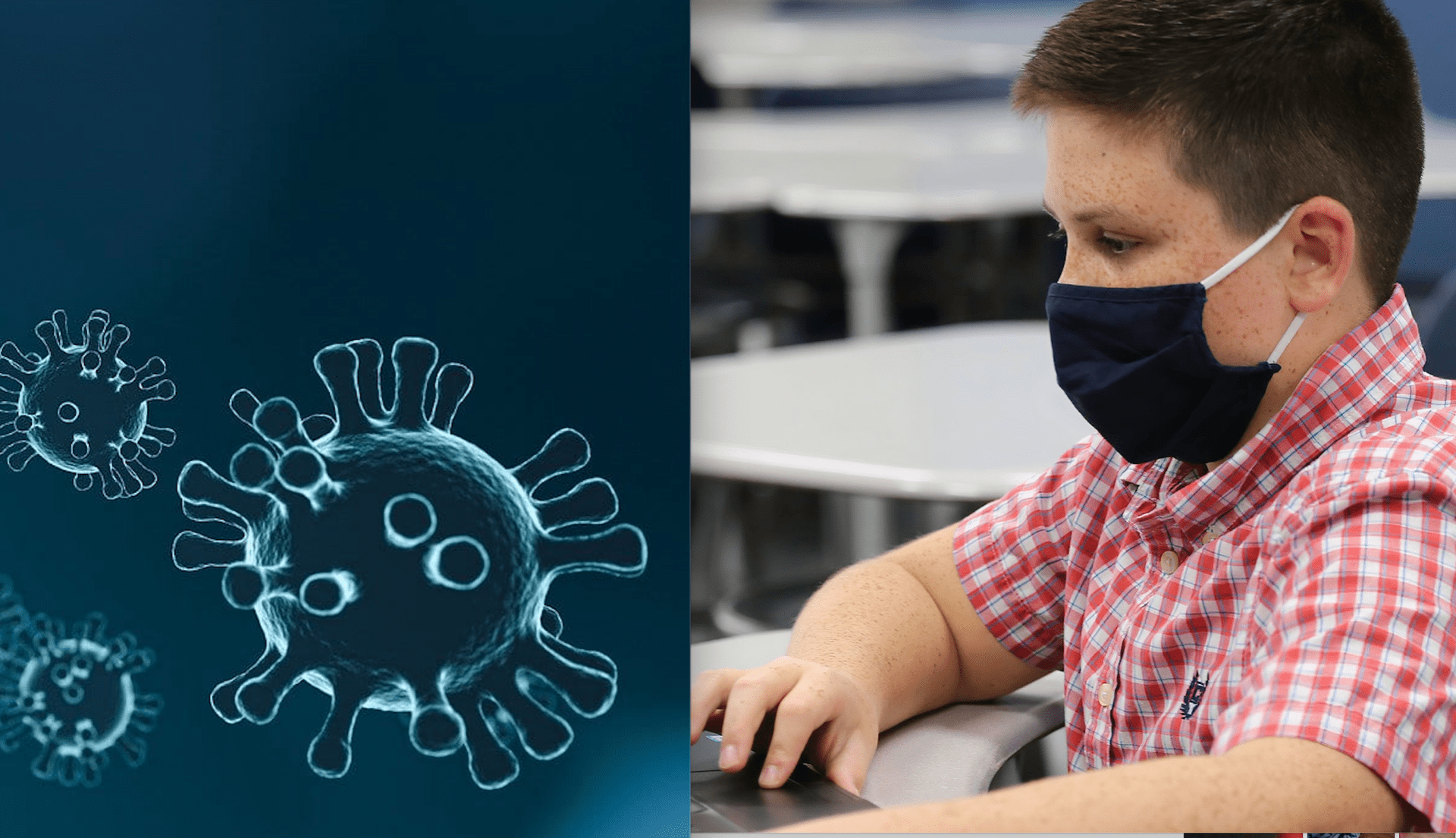Who is included, who is excluded and what can we do to promote inclusion for all children?
By Blog Editor, IOE Digital, on 10 June 2021

Wendelin_Jacober / Pixabay
Claire Cameron, Jo Van Herwegen, Mark Mon-Williams, Aase Villadsen.
“Covid 19 constitutes the greatest crisis that high-income countries have seen in many generations,” says UNICEF in its recent analysis. And children “are among those at greatest risk of seeing their living standards fall and their personal well-being decline”.
This, in turn, threatens to broaden the group of children at risk of exclusion – not just for misbehaviour, but because they have needs that are not being met. The danger is that, in the pandemic’s aftermath, we focus on ‘catch up’ learning for the relatively advantaged, and neglect the long-term health, wellbeing, and competency benefits of inclusive education for all students – especially those who are poor and ‘near poor’.
Now is the time to think how we can organise structures, services, and systems in every school so that all (more…)
 Close
Close










